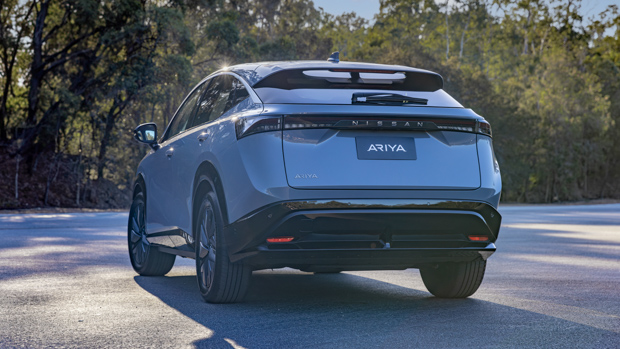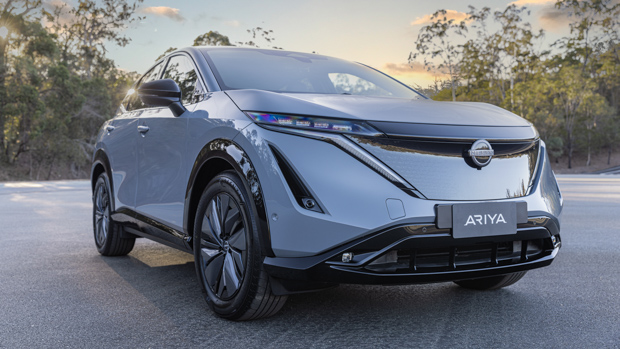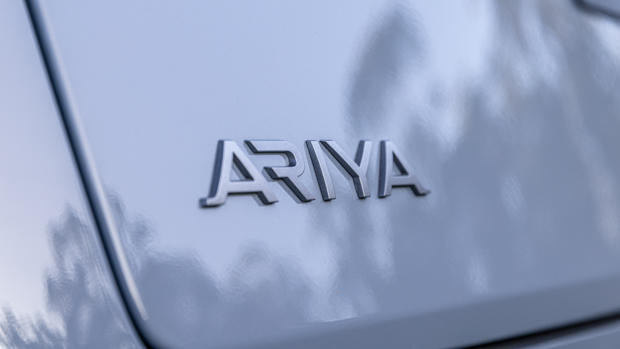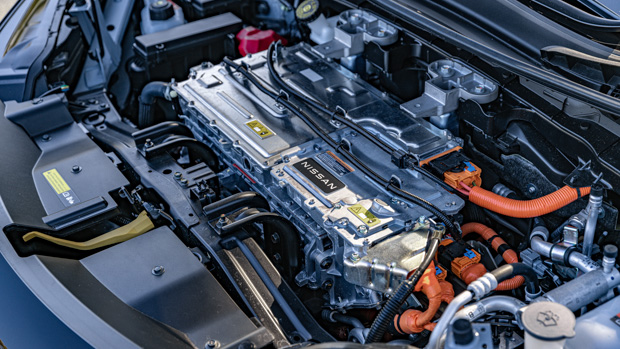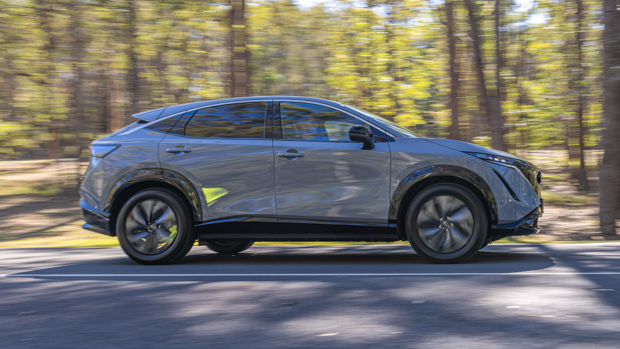-
Car Reviews
- Car News
-
Car Comparisons
Latest comparisons
- Chasing Deals
Final homologation-related delays are on the cusp of being solved, Nissan says, with an Australian launch of the Nissan Ariya SUV likely for next year
Nissan will release its Ariya electric SUV in Australia, probably in early 2024, Chasing Cars can reveal.
Bringing the Japanese-built Ariya midsize crossover EV to our shores has long been a priority for Nissan Australia, with the company claiming an intention to import the model since it was revealed in 2020.
But three factors have conspired to create an effective four-year delay in launching the Ariya in Australia, being limited production at the company’s high-tech Tochigi plant in Japan, regulatory incentives to send the bulk of production to Europe, and high demand for the model in the EU, UK and United States – markets where the Ariya already on sale.
Nissan senior vice president for Oceania Guillaume Cartier says that delays related to homologating and certifying the Ariya for sale in Australia are still ongoing, but indicated that the company has almost solved the remaining hurdles.
The head of the Nissan sales region that includes Australia, Cartier opined the world’s moves away from globalisation and suggested that there would be major efficiencies to be found if national and regional governments should synchronise their EV homologation requirements.
Speaking with automotive media before a closed-road Australian preview drive of the 2024 Ariya, Mr Cartier said that the final hold-up related to “two factors – the demand that we have, and the second is the obligation to match the specificity of [Australian homologation rules].”
When pressed, Mr Cartier told Chasing Cars that Nissan was close to finishing the homologation work, clearing the way for the local launch of the Ariya – once an allocation can be set aside for Nissan Australia, and shipments – a further source of delay – can be finalised.
Chasing Cars asked Mr Cartier about whether EV specialist Tesla had shown up Nissan – and other long-established manufacturers – with the speed at which it had entered the Australian market and built a substantial sales volume. So far in 2023, Tesla has sold 8442 Model Y SUVs and 10,117 Model 3 sedans.
“I agree, and I disagree,” said Cartier, who argued that Nissan is not currently chasing EV early-adopters in Australia.
“The [EV] market is moving, but how big [it is] I don’t know yet. For me, there are two types of customers – you have the early adopters [who] go with new technology and have the budget to pay a bit more.
“And then you have the second category – that is the one we don’t know [the size of]. It is the rational people who look at the total cost of ownership,” he said.
When it does arrive, the Ariya will compete mainly with the market-leading Tesla Model Y, as well as an emerging coterie of other midsized electric crossovers like the Kia EV6, the Hyundai Ioniq 5, and the forthcoming Toyota BZ4X.
The Ariya has been received well by the motoring press in the UK and Europe and in some markets, it is priced slightly more affordably than the Tesla Model Y. In Australia, the Model Y starts at $69,300 before on-road costs for a two-wheel drive model with a standard battery.
Overseas, the Ariya is offered in standard range/front-wheel drive form with a 63kWh usable battery, 160kW of power, 300Nm of torque, and 359km range (WLTP). Chasing Cars understands that this version is under consideration as a price leader for Australia.
A long range version of the Ariya upgrades to an 87kWh usable battery, with the option of a beefed-up 178kW/300Nm front-wheel drive setup with 516km range (WLTP), or an optional E-Force dual-motor AWD configuration with 225kW/600Nm. Choosing AWD sees the range drop to 459km (WLTP).
Supply has been the primary source of consternation for Nissan, as the Ariya is presently produced by only one of the company’s factories in Japan. This constrains the number of Ariya units that can be built, but also renders the EV ineligible for large subsidies in the United States that require local production.
However, technical issues that have further slowed the Ariya production line – reported on by this masthead – appear to be improving, and Chasing Cars understands that Ariya production for Australia will be sourced from the same plant.
But the bulk of Nissan EVs that come to Australia in the 2020s probably won’t be Japanese, Mr Cartier indicated. Nissan’s factory in Sunderland, United Kingdom, will soon be retooled for production of a new electric vehicle model that will effectively replace the venerable Leaf hatchback.
The Sunderland-built EV is expected to be a small SUV model. Nissan is buoyed by the condition of the newly-established Australia–United Kingdom free trade agreement (FTA) that it believes will lock in long-term pricing advantages in Australia for the UK-built EV model.
The Ariya and the Sunderland-built EV model won’t be the conclusion of Nissan’s BEV portfolio in Australia. The company has committed to introducing 15 fully-electric models and eight hybrids by 2030.
Latest news
About Chasing cars
Chasing Cars reviews are 100% independent.
Because we are powered by Budget Direct Insurance, we don’t receive advertising or sales revenue from car manufacturers.
We’re truly independent – giving you Australia’s best car reviews.
